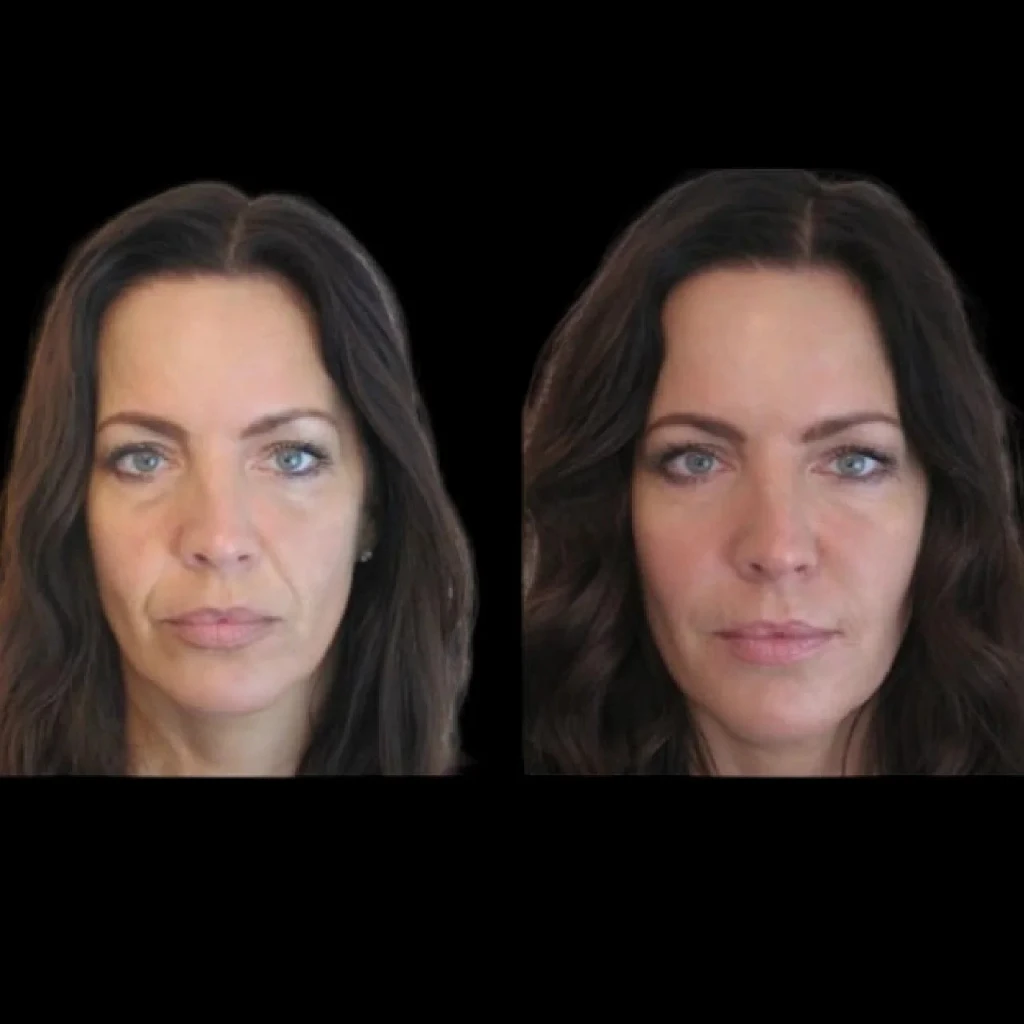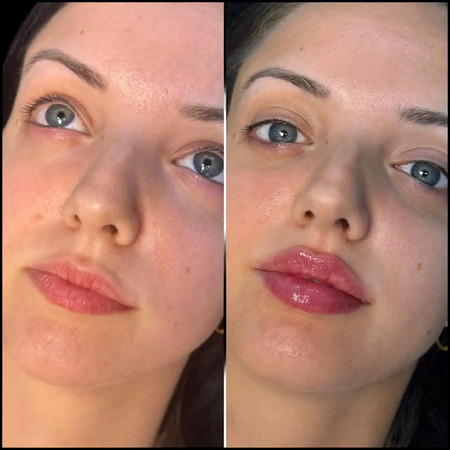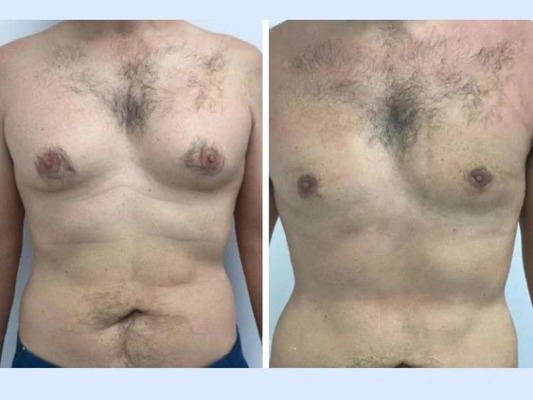Hormonal health plays a vital role in overall well-being, especially for men experiencing symptoms related to low testosterone levels. Testosterone Replacement Therapy (TRT) has gained popularity as an effective solution to combat issues such as fatigue, decreased libido, and muscle loss. When considering TRT in Abu Dhabi, many individuals are curious about its impact on fertility. This is a common concern because testosterone levels are intricately linked to reproductive health, and any hormonal intervention could potentially influence fertility outcomes.
TRT in Abu Dhabi has become a widely discussed topic among men seeking hormonal balance, but understanding how it interacts with fertility is essential for making informed decisions. In this article, we will explore the relationship between TRT and fertility, clarify common misconceptions, and provide comprehensive insights into what men can expect when pursuing this treatment option.
Understanding Testosterone and Fertility
The Role of Testosterone in Male Reproductive Health
Testosterone is the primary male sex hormone, essential not only for developing male physical characteristics but also for supporting reproductive functions. It influences sperm production, libido, and overall sexual health. The body maintains a delicate balance of testosterone through a complex hormonal feedback loop involving the brain, testes, and other endocrine glands.
How Testosterone Affects Spermatogenesis
Spermatogenesis, the process of sperm production, is tightly regulated by hormones like follicle-stimulating hormone (FSH) and luteinizing hormone (LH). Testosterone is necessary for this process, but its levels must be within an optimal range. An imbalance—either too low or too high—can impact sperm quality and quantity. This hormonal interplay underscores the importance of maintaining natural testosterone levels for fertility.
How TRT in Abu Dhabi Interacts with Fertility
The Impact of Exogenous Testosterone on Natural Hormonal Balance
When individuals undergo TRT, they receive external testosterone to supplement or replace their endogenous production. While this can alleviate symptoms of testosterone deficiency, it can also suppress the body’s natural hormone production. Elevated levels of exogenous testosterone signal the brain to reduce or halt the production of LH and FSH, hormones critical for stimulating the testes to produce sperm.
Potential Consequences of TRT on Spermatogenesis
As a result of hormonal suppression, TRT may lead to decreased sperm production or even temporary infertility. Not all men experience significant effects, but the risk is present, especially with prolonged use or high doses. It is crucial for men considering TRT in Abu Dhabi to discuss their fertility goals with healthcare providers beforehand. In many cases, fertility may be affected during treatment, but strategies exist to mitigate this impact.
Reversibility of Fertility Effects Post-TRT
In most situations, the effects of TRT on fertility are reversible once treatment is discontinued. The body typically resumes its natural hormonal balance over time, allowing sperm production to recover. However, the recovery period can vary among individuals, depending on the duration and dosage of therapy. Fertility preservation options may also be considered prior to starting TRT.
Alternative Approaches for Men Concerned About Fertility
Use of Selective Estrogen Receptor Modulators (SERMs)
Certain medications like SERMs are sometimes used to boost endogenous testosterone levels without suppressing sperm production. These agents can stimulate the body’s own hormone production, helping maintain fertility while addressing symptoms of low testosterone.
Human Chorionic Gonadotropin (hCG) Therapy
hCG mimics LH and can stimulate the testes directly to produce testosterone and sperm. This approach can be suitable for men seeking to preserve or enhance fertility while managing hormonal deficiencies.
Lifestyle Modifications and Natural Interventions
In addition to medical therapies, lifestyle changes such as improved diet, regular exercise, stress management, and adequate sleep can naturally support healthy testosterone levels and reproductive function.
Personalized Treatment Planning in Abu Dhabi
Importance of Medical Supervision
Given the complexities of hormonal therapy and its potential effects on fertility, personalized treatment plans are essential. Men should consult experienced healthcare professionals to evaluate their individual needs, fertility goals, and health status.
Monitoring and Adjustments During TRT
Regular monitoring of hormone levels and sperm parameters allows for timely adjustments to therapy. This proactive approach ensures that treatment benefits are maximized while minimizing adverse effects on fertility.
Combining TRT with Fertility Preservation Strategies
In cases where fertility preservation is a priority, healthcare providers may recommend sperm banking or other reproductive options prior to initiating TRT. This proactive step can safeguard future fertility potential.
Frequently Asked Questions (FAQs)
Does TRT in Abu Dhabi permanently affect fertility?
In most cases, the impact of TRT on fertility is reversible after stopping treatment. However, the recovery timeline varies, and consulting with a healthcare professional can help plan appropriate steps for fertility preservation.
Can men on TRT conceive naturally?
Men on TRT may experience reduced sperm production, which can hinder natural conception. Alternative therapies or fertility preservation methods should be discussed with a healthcare provider.
Are there fertility-friendly options for testosterone therapy?
Yes, options like hCG therapy or the use of SERMs can support testosterone levels while helping preserve or improve fertility. These should be tailored to individual needs through medical guidance.
How long does it take for fertility to recover after stopping TRT?
Recovery time can range from a few months to over a year, depending on various factors such as the duration of therapy and individual physiology. Monitoring and supportive treatments can facilitate this process.
Conclusion
Understanding the relationship between TRT in Abu Dhabi and fertility is crucial for men considering hormonal therapy. While TRT offers significant benefits in managing symptoms of low testosterone, it also has the potential to temporarily impact sperm production due to hormonal suppression. However, with appropriate medical guidance, personalized treatment plans, and fertility preservation strategies, men can effectively manage their hormonal health without compromising their reproductive goals.



